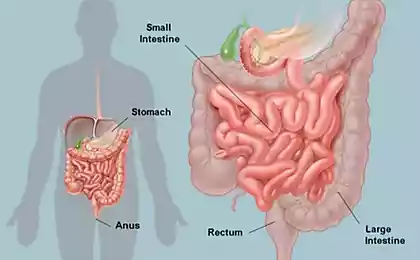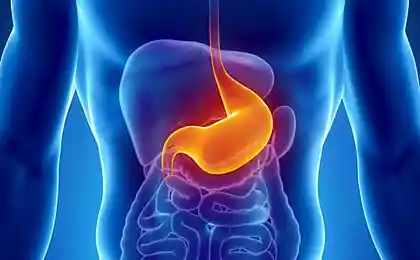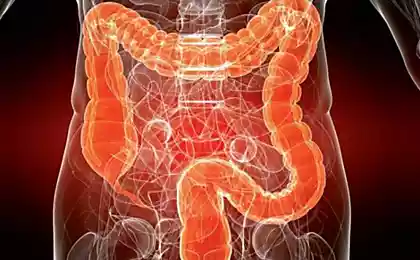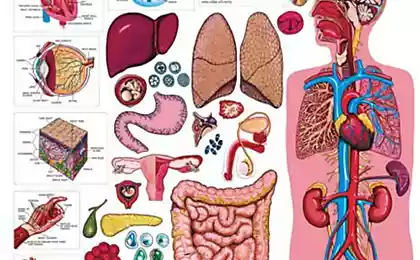225
What you see on the toilet can tell you a lot about your health. These 12 diseases are no exception!
We do not talk about going to the toilet. Any mention of bodily discharge causes embarrassment to the interlocutor and sarcastic jokes. Unfortunately, many have forgotten that through the excretory system the body sends signals about the oncoming disease. If you ignore them, you risk missing out on a major failure: digestion, infection and even cancer.
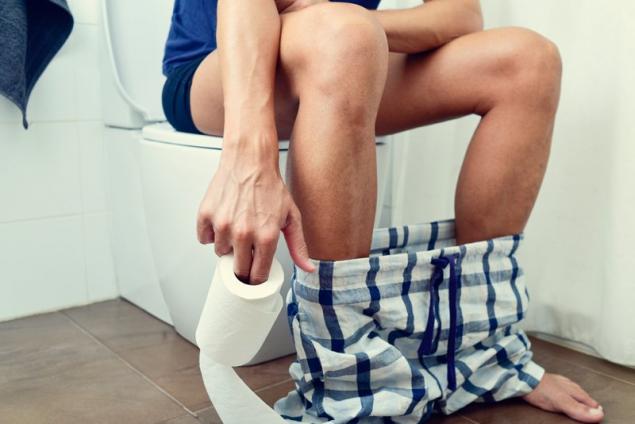
DepositPhotos
Have you ever analyzed your stool? Even the disgusting shape and color allow for early diagnosis and prevent serious illness. Any deviation from the norm, the appearance of impurities that should not be, requires immediate medical intervention.
Editorial "Site" It is recommended to slow down in the toilet and look down. The features of your stool will show how healthy your digestive tract is and what to pay attention to.
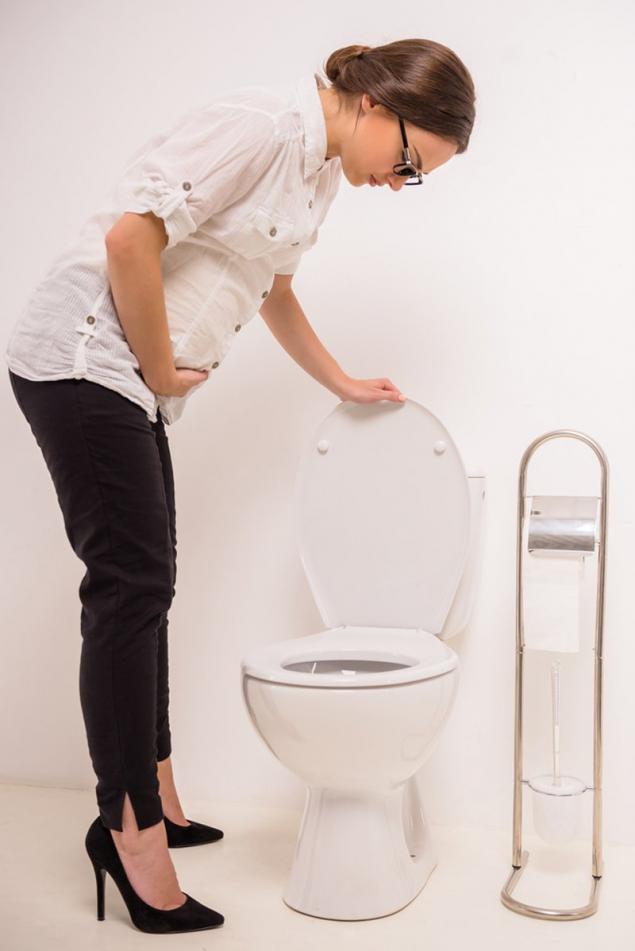
DepositPhotos
The medical classification of human stool was developed in 1997 by Meyers Hayton of the University of Bristol in the UK. This table is considered the best allowance for self-diagnosis intestinal function. It facilitates the work of the doctor who establishes a diagnosis based on individual symptoms. Many patients are embarrassed to talk about the problem and call it what it is. And on the table it is much easier to specify the type of bowel movements and tell the doctor about it.
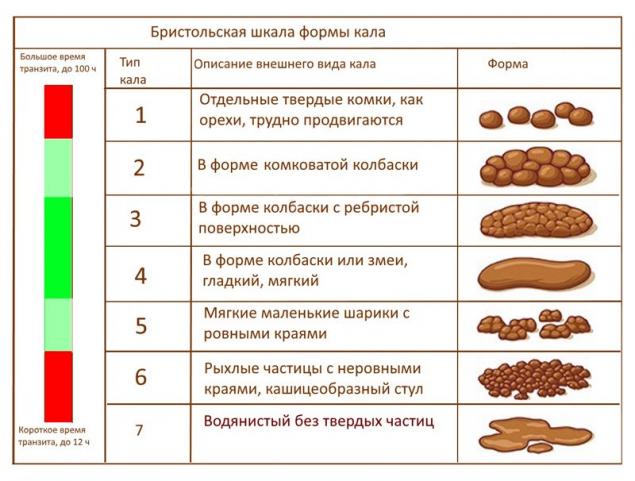
Ideal is the chair of the 3rd and 4th type, type 1-2 characterizes constipation, and 5, 6, 7th - dysfunction bowel or diarrhea. As for the number of trips to the toilet, each has its own norm. Its boundaries are from 3 times a day to 3 times a week.
To avoid unnecessary worries, see a list of alarms to pay attention to. If you notice changes in the stool, accompanied by pain in the abdomen, immediately consult a doctor!
Many gastrointestinal problems can be prevented by changing diet and lifestyle. Be sure to do squats, they strengthen the rectum and relax the puborectal muscle. Thus, it is possible to alleviate the condition during constipation.
Well-coordinated work of the intestine is the key to health and beauty. Do not hesitate to consult a doctor if you have problems with emptying. Modern examinations and preventive treatment will help to avoid serious diseases in the future. Stay healthy!
If the information in the article was useful, show it to your friends on social networks.
Our readers are experts, it is very important to know your opinion on prevention. bowel disease. Don't forget to write a comment!

DepositPhotos
Have you ever analyzed your stool? Even the disgusting shape and color allow for early diagnosis and prevent serious illness. Any deviation from the norm, the appearance of impurities that should not be, requires immediate medical intervention.
Editorial "Site" It is recommended to slow down in the toilet and look down. The features of your stool will show how healthy your digestive tract is and what to pay attention to.

DepositPhotos
The medical classification of human stool was developed in 1997 by Meyers Hayton of the University of Bristol in the UK. This table is considered the best allowance for self-diagnosis intestinal function. It facilitates the work of the doctor who establishes a diagnosis based on individual symptoms. Many patients are embarrassed to talk about the problem and call it what it is. And on the table it is much easier to specify the type of bowel movements and tell the doctor about it.

Ideal is the chair of the 3rd and 4th type, type 1-2 characterizes constipation, and 5, 6, 7th - dysfunction bowel or diarrhea. As for the number of trips to the toilet, each has its own norm. Its boundaries are from 3 times a day to 3 times a week.
To avoid unnecessary worries, see a list of alarms to pay attention to. If you notice changes in the stool, accompanied by pain in the abdomen, immediately consult a doctor!
- What should a normal chair be like?
Normally, the chair is 75% water. The rest are dietary fiber, living and dead bacteria, various cells and mucus. The color can range from light brown to dark. The consistency is uniform, smooth and soft. They come out slowly in one piece, not in separate parts. Quietly and gently submerged in the water. The natural smell is unpleasant, but not repulsive.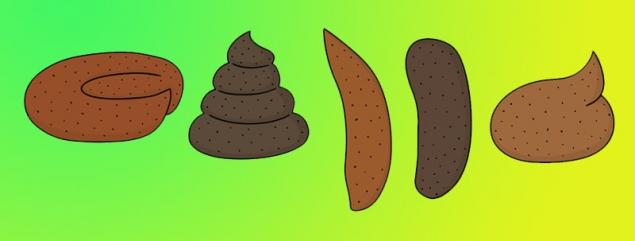
- White, pale or gray chair
Indicates serious liver-related problems. Could be a symptom. plug-ingallstones, hepatitis or cirrhosis. Sometimes the stool acquires a light shade against the background of the use of drugs (antacides), which neutralize hydrochloric acid produced by the human stomach. It could be. heartburn with aluminum. White mucus in the stool can be a sign of Crohn's disease.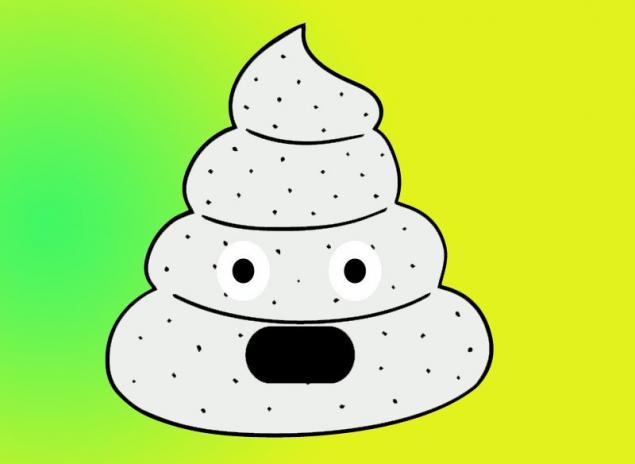
- Green chair
It can occur against the background of eating vegetables rich in chlorophyll (spinach, Brussels sprouts, broccoli, spinach, chard), or foods with food dyes. During the period of taking medications with iron, the color of the stool becomes dark green. If it's not food, it's gut. peristalsis The food passed through the digestive tract very quickly, and the body did not have time to extract bilirubin from the bile. This condition occurs against the background of prolonged use of antibiotics and sulfonamides.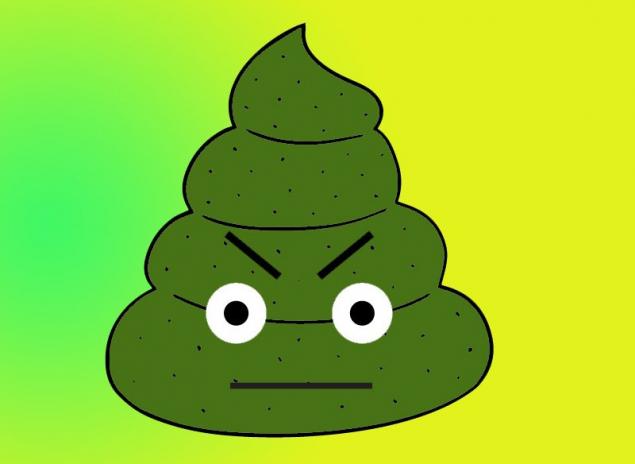
- Yellow chair
It may be a symptom of bile duct obstruction and poor fat absorption. The pancreas cannot produce enough enzymes and chronic pancreatitis occurs. Frequent appearance of yellow stool indicates celiac disease, cystic fibrosis or giardiasis. But don't panic early! Perhaps the day before you ate a lot of fatty foods or foods with yellow dye.
- Black or dark red chair
It may appear against the background of taking "Aspirin", "Ibuprofen" or drugs with iron. The most common reason for the appearance is your food - beets, blueberries, licorice, food with dyes. Sometimes black stool indicates chronic colonitis Or bleeding. This is very dangerous, you should immediately consult a doctor.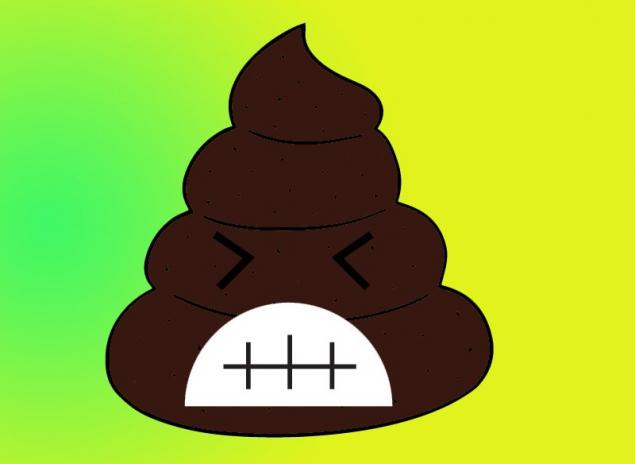
- Blood in the stool.
This is a very disturbing sign, do not postpone your visit to the doctor! Could be anal fissure, hemorrhoids, ulcerative colitis or cancer!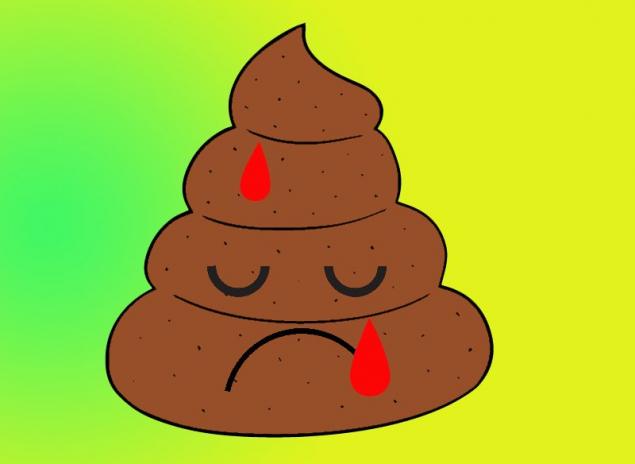
- "Narrow" feces
If the feces in shape resemble narrow stripes or a pencil, this is an occasion to contact a doctor! Very often it appears. bowel disease, intestinal obstruction, various tumors and colon cancer.
- Poor passability
Painful stools that require muscle tension indicate constipation. According to the Bristol scale, these are type 1 and type 2. Most likely, your body lacks fiber or fluid. Eat more food. plant-based, vegetables and fruits. Drink at least 2 liters of water per day. Chronic constipation can lead to a serious pathology - the formation of fecal plugs. Take laxatives in rare cases and for a short time. You can use it for prevention. lactulose syrups.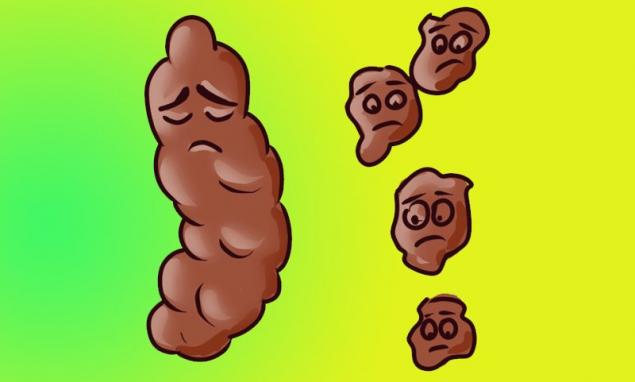
Long-term use of antidiarrheal drugs and lack of physical activity can also provoke constipation. Never take medication without a doctor’s prescription. And do any physical exercises every day, walk more. - Liquid chair
Indicates mild diarrhea, on the Bristol scale - type 5 and 6. The cause of the increased frequency of bowel movements may be colonitis, hyperthyroidism, celiac disease or intestinal infection. To alleviate the condition, try eating foods low in fiber - rice, potatoes. Remember to drink plenty of water to avoid dehydration. If diarrhea lasts more than 2 days, consult a doctor.
Stress, neurosis, and some mental illnesses are often accompanied by diarrhea. In this case, you will need to consult a psychotherapist or take sedatives. - Watery chair
May be a symptom of lactose intolerance, poisoning, bacterial Or drug overdose. Drink plenty of water to combat dehydration (100 ml of fluid per 1 kg of body weight). If the number of trips to the toilet more than 1 time per hour, take medications based on loperamide and consult a doctor.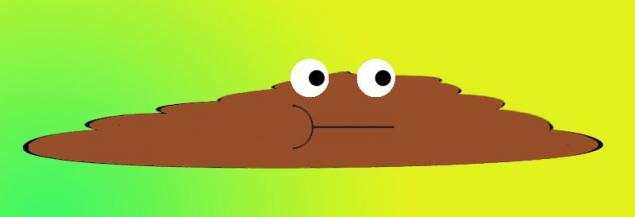
- Mucous stools
A very dangerous symptom associated with inflammatory bowel diseases (bacterial infections, Crohn's disease, ulcerative colitis, colon cancer). In combination with blood discharge or pain in the abdomen requires immediate medical intervention. - Evil chair
This is an extremely unpleasant smell that cannot be ignored. Severe stench is characteristic of dangerous pathological conditions, such as: malabsorptive disorder, celiac disease, Crohn's disease, chronic pancreatitis, cystic fibrosis.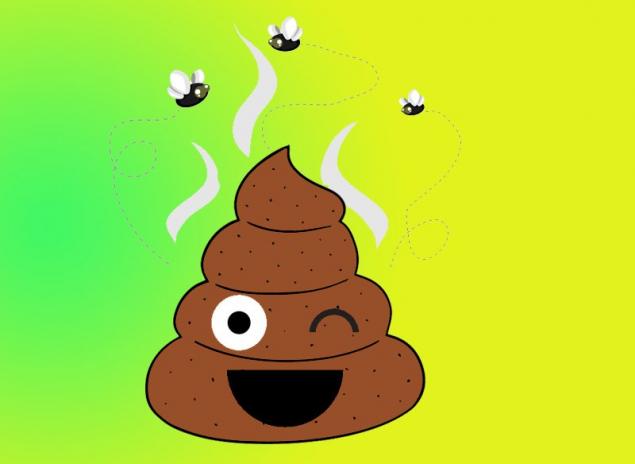
- meteorism
Gasing up to 14 times a day is normal. Scientists estimate that a person produces up to 2 liters of various gases per day, and 99% of them are odorless. To eliminate flatulence, review your diet, limit the use of legumes, cabbage, whole milk, sweets, carbonated drinks, coffee.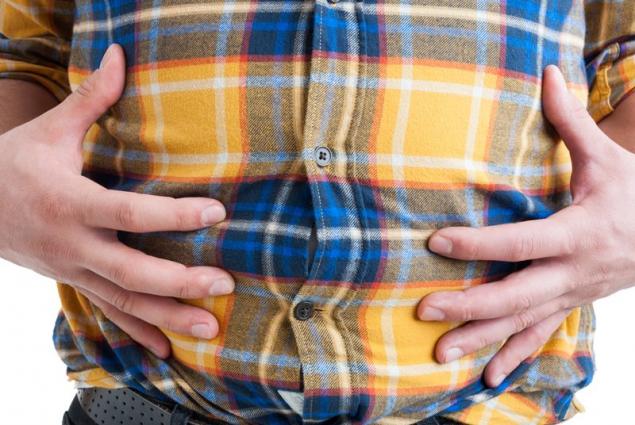
DepositPhotos
Many gastrointestinal problems can be prevented by changing diet and lifestyle. Be sure to do squats, they strengthen the rectum and relax the puborectal muscle. Thus, it is possible to alleviate the condition during constipation.
Well-coordinated work of the intestine is the key to health and beauty. Do not hesitate to consult a doctor if you have problems with emptying. Modern examinations and preventive treatment will help to avoid serious diseases in the future. Stay healthy!
If the information in the article was useful, show it to your friends on social networks.
Our readers are experts, it is very important to know your opinion on prevention. bowel disease. Don't forget to write a comment!
Nail fungus is treated with a normal horseradish! Just do it twice a day...
Age-related fat removed without a gram of chemistry! This is how our grandmothers lost weight, write...






















